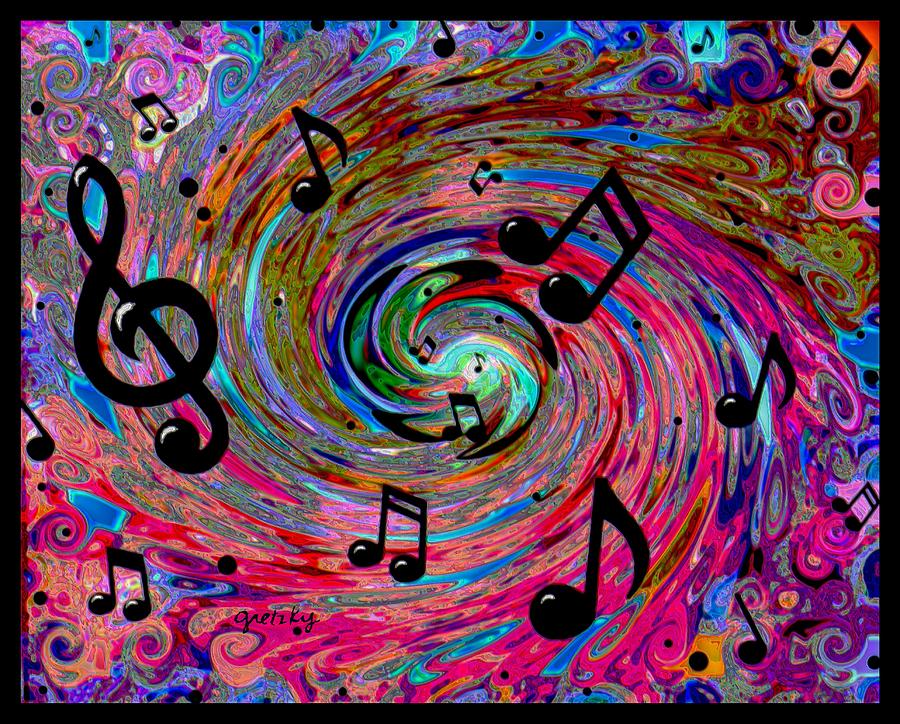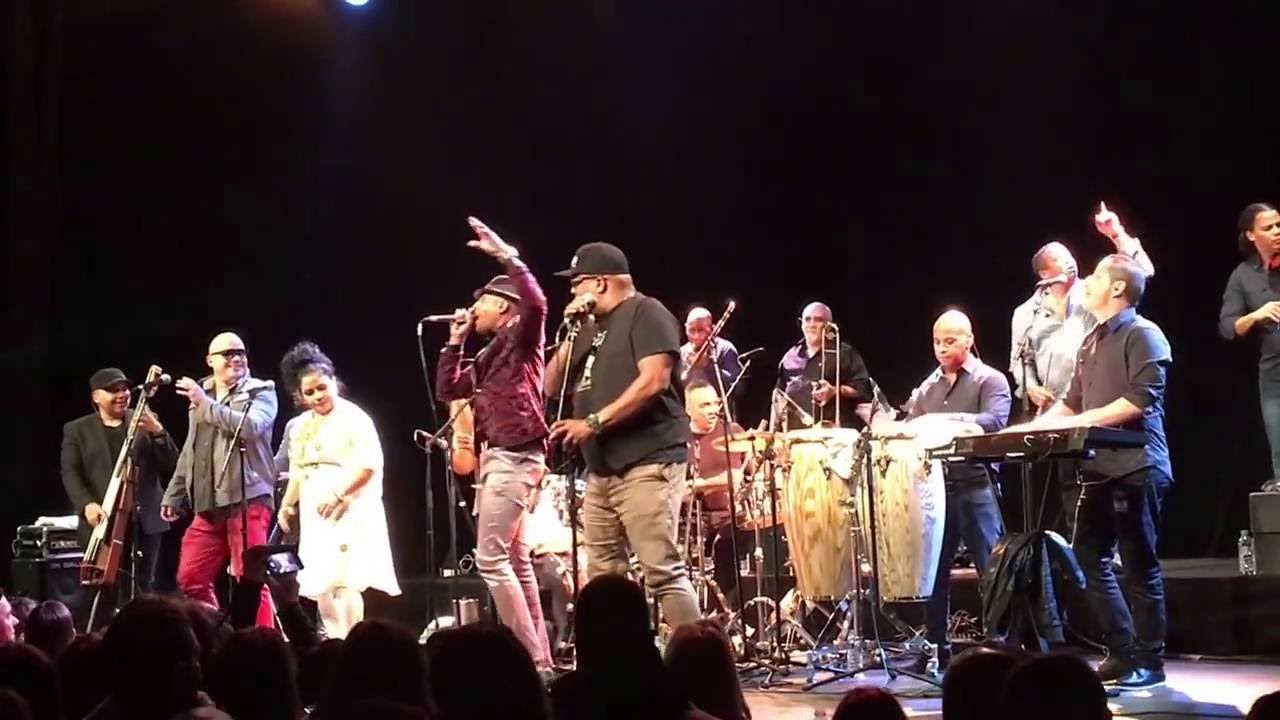

Music-making is or implies a social performance, even when performed or listened to alone. Music-making is a system of communication transmitted through ongoing transgenerational interaction. Music-making is necessarily a cultural performance because conventions about the structure of music, its instrumentation, context of performance and meaning are all learned. All peoples have some form of instrumental music as well, however rudimentary. All peoples of the world sing, an activity recognized on the basis of context or by cultural consensus as different from speech. All peoples engage in activities that we would call music, often in relation to play, and everywhere in relation to ritual. While there is no inter-culturally valid definition of music, and the cover term music is found in only selected cultures, a number of presumptive universals indicate that musicality is a prominent and distinctive characteristic of humankind. Music is universal, transmitted through generations, usually performed in the presence of others, and of extreme antiquity.

Universals and contrasts in musical systems

The commonalities and differences in musical forms and functions across cultures suggest new directions for ethnomusicology, music cognition and neuroscience, and a pivot away from the predominant scientific focus on instrumental music in the Western European tradition.ġ. Synchronous arousal, action synchrony and imitative behaviours are among the means by which music facilitates social bonding. The focus is on scholarly and everyday ideas about music-what it is and where it originates-as well the antiquity of music and the contribution of musical behaviour to ritual activity, social organization, caregiving and group cohesion. This review presents a sampling of musical forms and coordinated musical activity across cultures, with the aim of highlighting key similarities and differences. Although laboratory studies of isolated listeners and music-makers have yielded important insights into sensorimotor and cognitive skills and their neural underpinnings, they have revealed little about the broader significance of music for individuals, peer groups and communities. Musical behaviours are universal across human populations and, at the same time, highly diverse in their structures, roles and cultural interpretations.


 0 kommentar(er)
0 kommentar(er)
